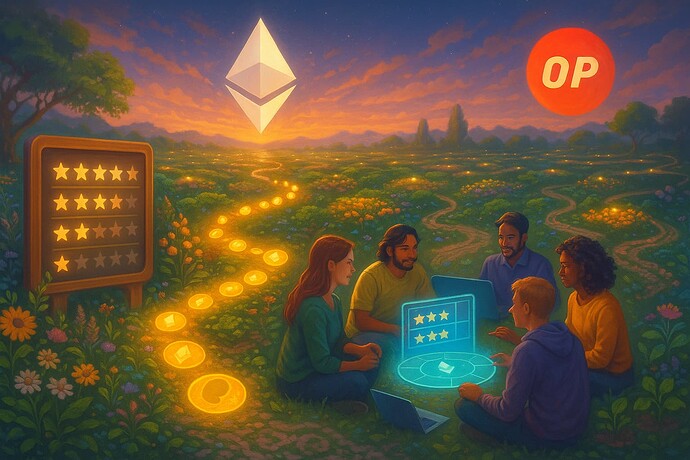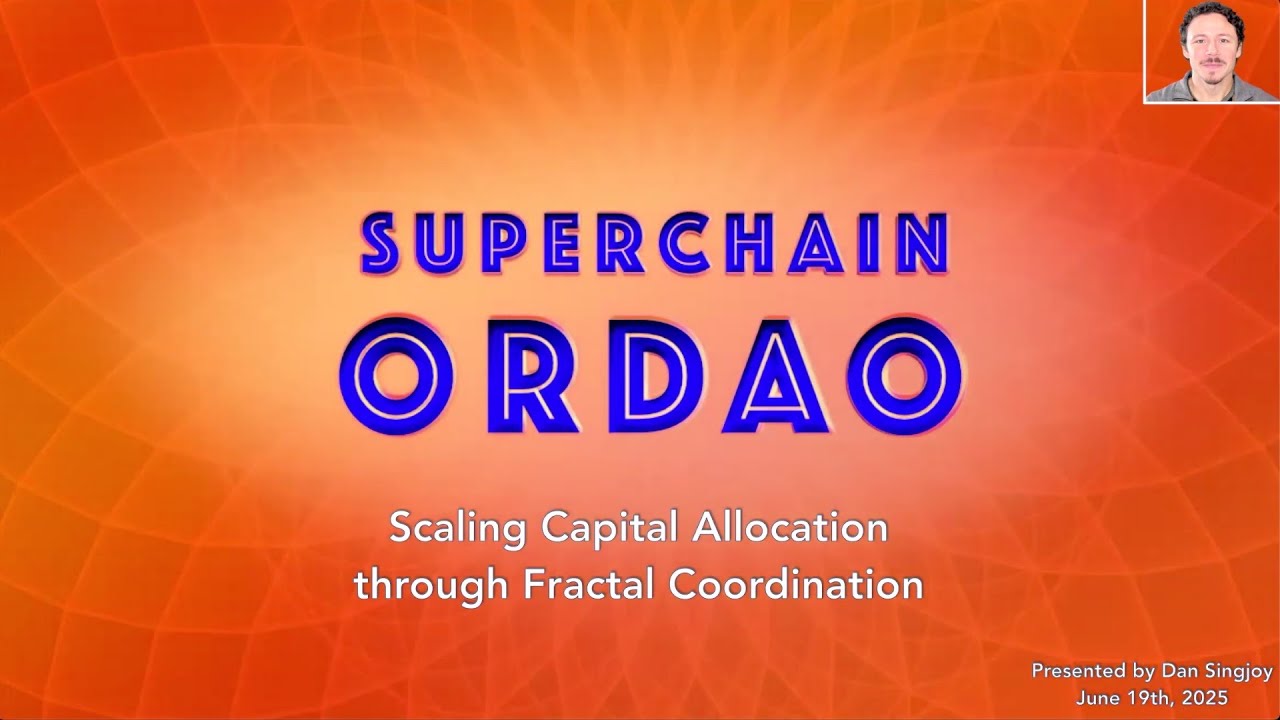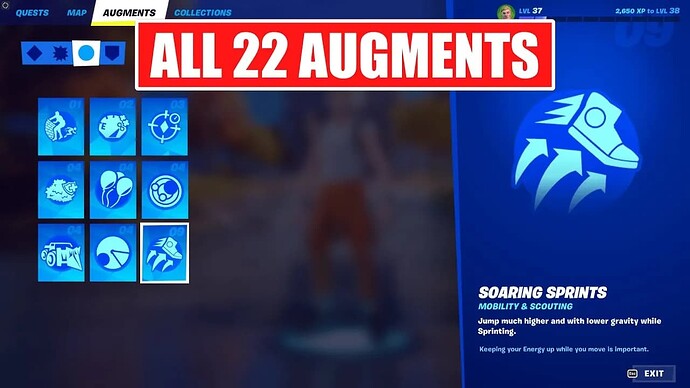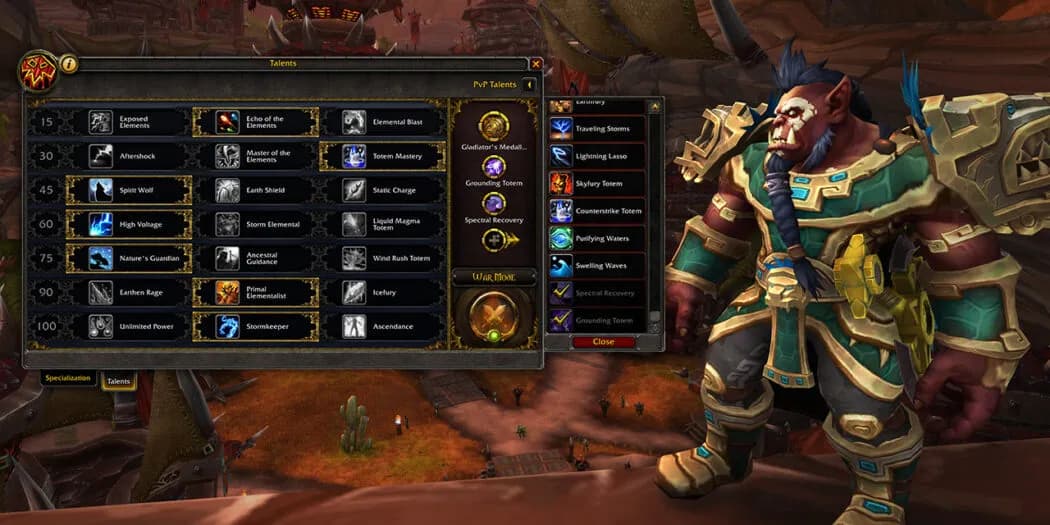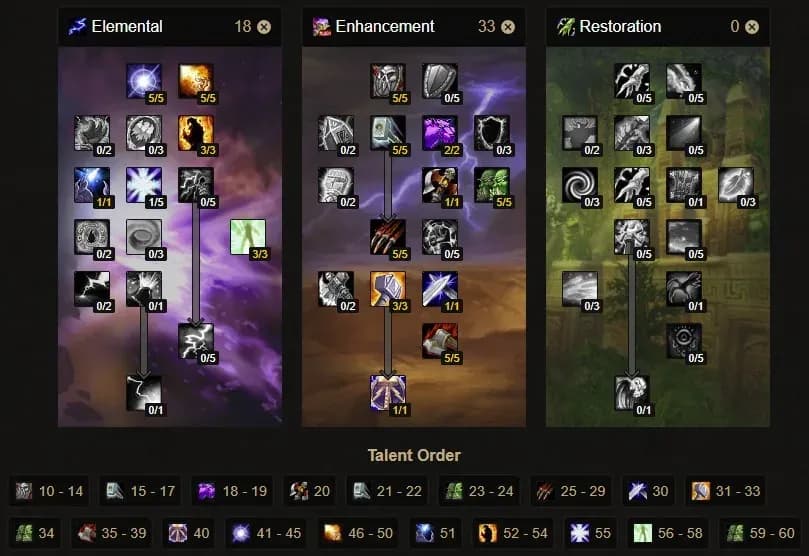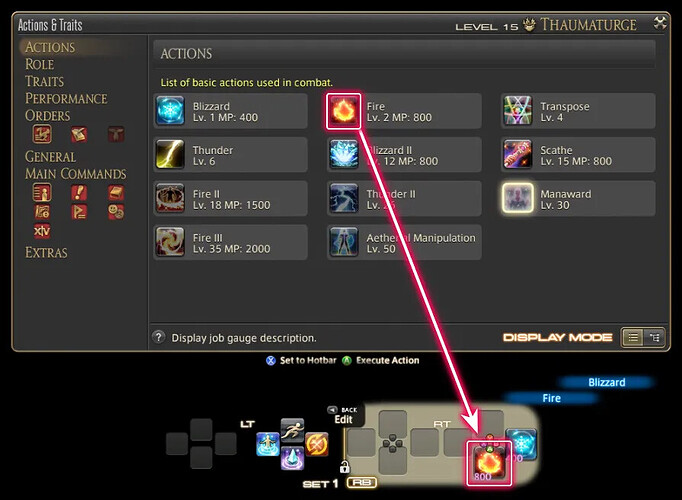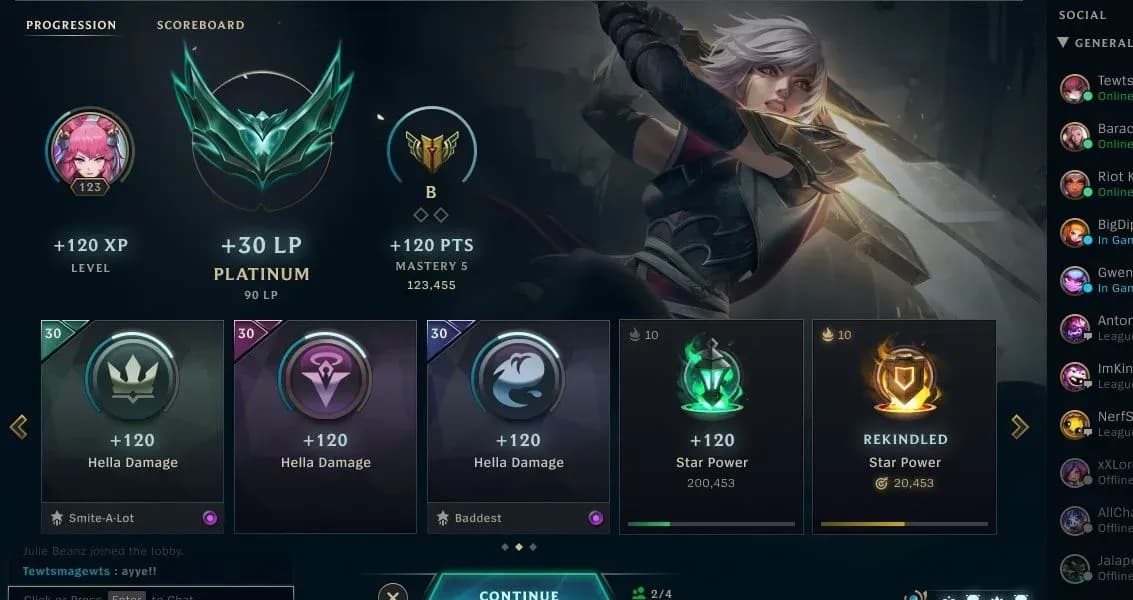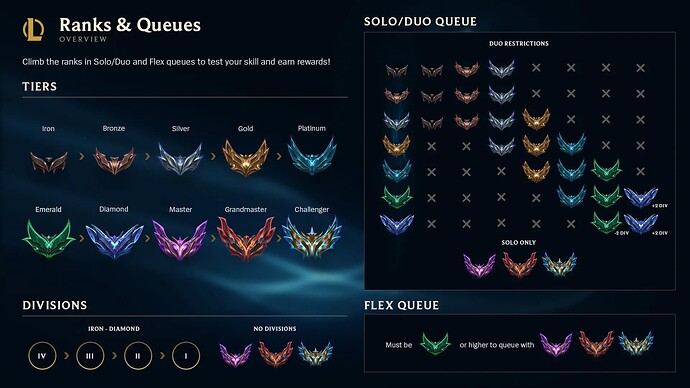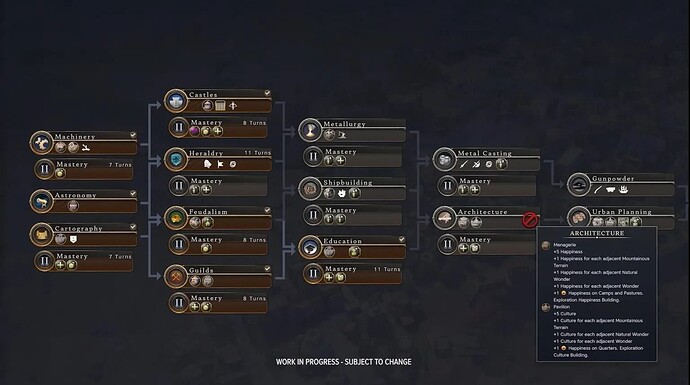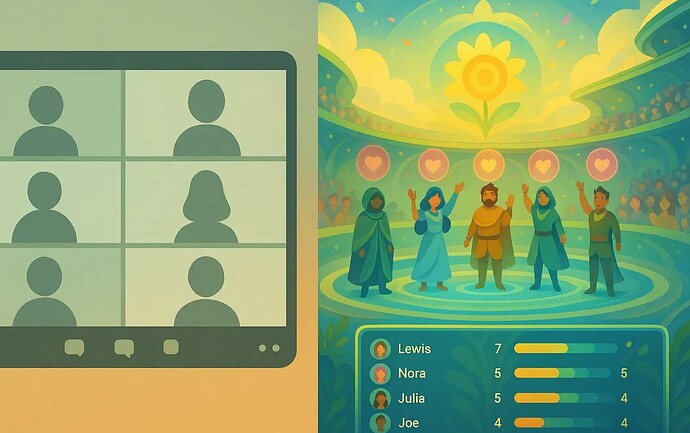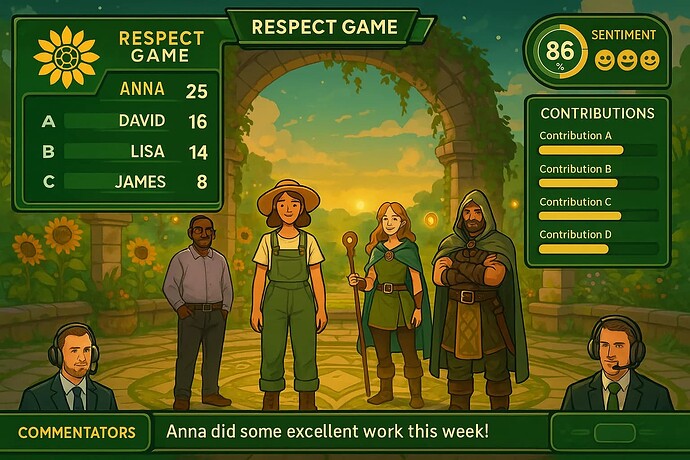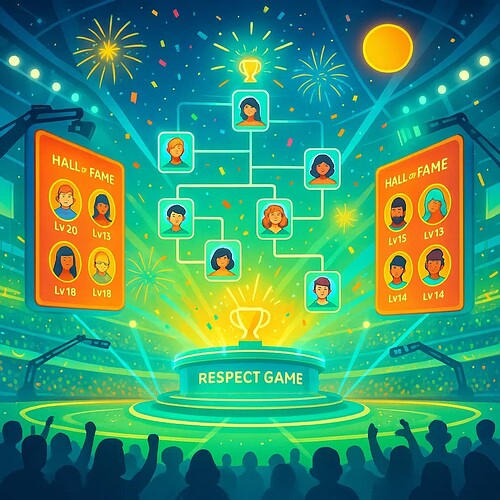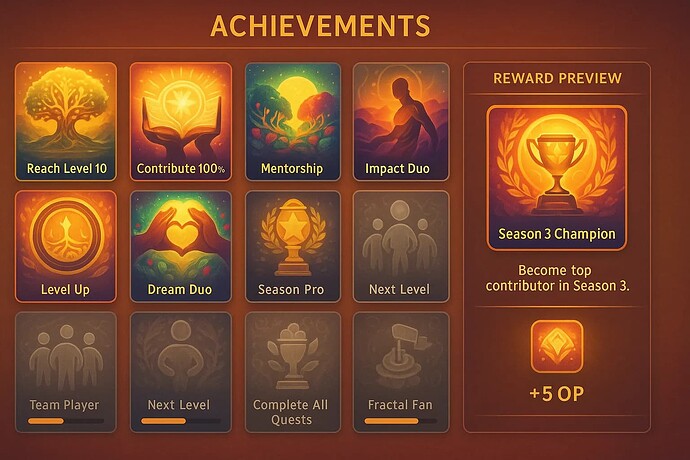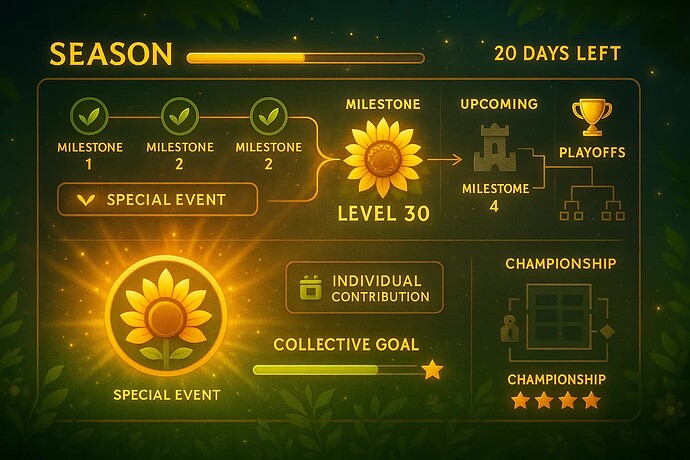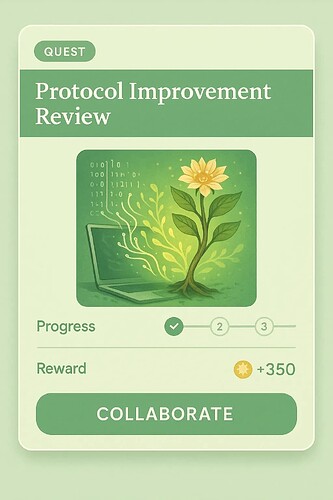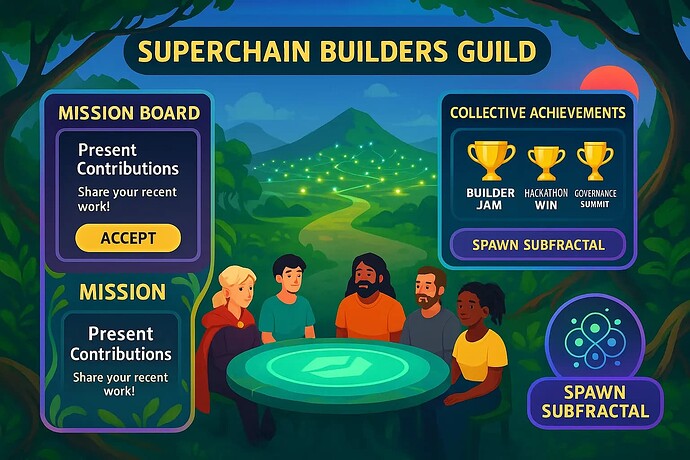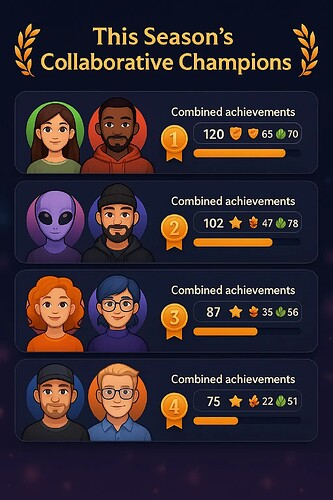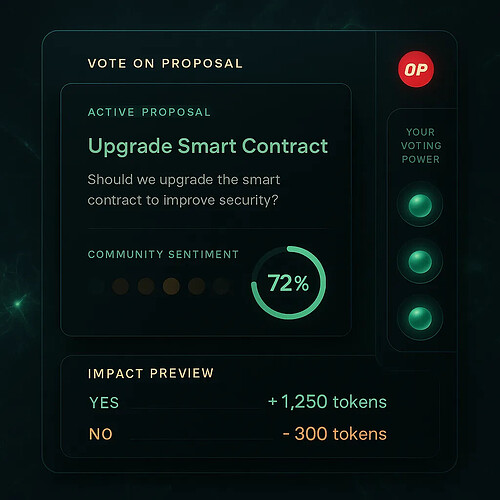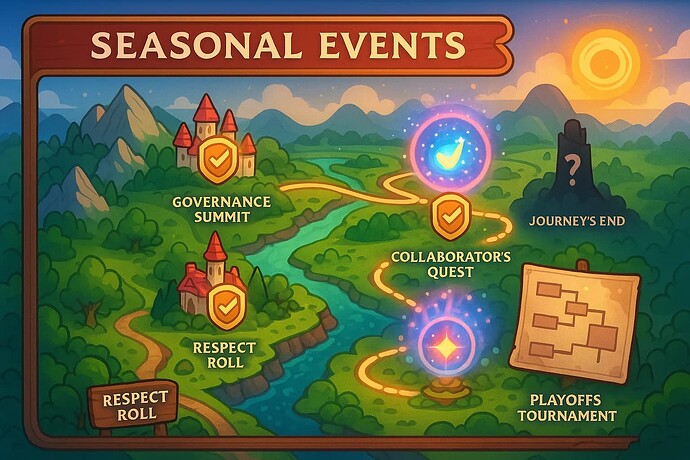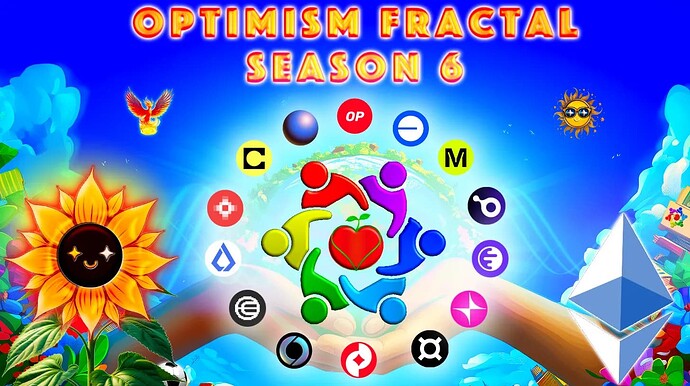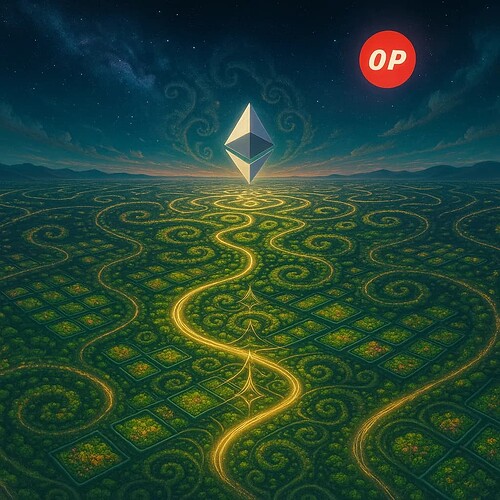Introduction
Today I’m sharing research that will transform how we fund essential public goods and allocate capital to incentivize innovation across the Superchain - catalyzing development that propels ecosystem growth while helping scale Ethereum’s values and technology. By leveraging Optimism Fractal’s proven peer evaluation system, we can create more equitable, efficient ways to distribute funding that help actualize the Optimistic Vision of a more equitable internet that benefits all.
This thread will document deliverables from a research mission approved by the Grants Council in Season 6. The complete mission proposal examines how the Respect Game can revolutionize resource allocation through democratic coordination, providing detailed analysis of both current ecosystem challenges and comprehensive solutions. Through carefully designed peer evaluation mechanisms and sophisticated governance protocols, this research develops the infrastructure needed to enable reliable, scalable funding of public goods that benefit the Collective.
Over the next several months, I’ll share six key deliverables that together create the foundation for implementing democratic fund distribution through the Respect Game. Today’s post examines one of the core challenges facing the Optimism Collective - reliably equating impact with profit - and outlines how this research provides critical infrastructure for solving it. Following this introduction, I’ll share the Initial Technical Architecture Blueprint, which provides a comprehensive overview of the technical components needed to enable this transformation.
The Challenges of Making Impact Equal Profit
The Optimistic Vision depends on a fundamental axiom: impact should equal profit. This elegant principle - that those who create value for the ecosystem should be fairly rewarded for their contributions - has the potential to unleash unprecedented innovation and growth. By making it reliably profitable to contribute to public goods, we can create powerful incentives that benefit both individual builders and the ecosystem as a whole.
Translating this vision into reality requires solving several interconnected challenges that currently limit the Collective’s ability to scale. The Foundation’s leadership has highlighted how achieving this vision requires creating systems so reliable that venture capitalists will confidently invest in public goods, knowing valuable contributions will be fairly rewarded. This reliability is essential for “summoning Ether’s Phoenix” - creating a new economic model where impact dependably equals profit.
The Collective faces three core challenges in building this new model:
-
Recognition & Fair Evaluation - Identifying valuable contributions across the ecosystem and measuring their relative impact through credibly neutral assessment. This includes evaluating both easily quantifiable metrics and critical but harder-to-measure contributions like education and community building.
-
Dependable Builder Incentives - Creating reliable, predictable paths to compensation that enable talented contributors to commit fully to developing public goods. This requires consistent evaluation processes that maintain fairness while scaling efficiently.
-
Scalable Implementation - Developing systematic processes that can fairly allocate resources while handling increasing complexity. This means creating infrastructure that scales without sacrificing thoroughness or overburdening evaluators.
Below we examine each of these challenges in depth, understanding how they intersect and reinforce each other, before exploring how the Respect Game provides comprehensive solutions through proven coordination mechanisms.
Recognition & Fair Evaluation
The first fundamental challenge lies in developing sophisticated systems for recognizing valuable contributions and evaluating their relative impact. While the Collective has made progress through innovations like metrics-based evaluation, current approaches face inherent limitations in scope and scale.
As outlined in Season 7 Intents, the Collective has focused efforts in Governance Fund Missions on measuring specific, quantifiable metrics like TVL and cross-chain activity. Similarly, Missions in RetroFunding 2025 are focused specifically on measurable contributions to Dev Tooling (developer tools like libraries and debuggers), Onchain Builders (projects driving cross-chain activity), and OP Stack Contributions (with a focus on Ethereum Core Development).
This has improved reliability for certain types of contributions but comes at the cost of narrowing scope - leaving many valuable but harder-to-measure contributions unrecognized. The Collective acknowledges the need to eventually “expand to all layers of the impact chain” but currently lacks mechanisms to reliably evaluate contributions spanning technical development, education, community building, governance innovation, and other essential areas.
Beyond just recognition, the challenge extends to fairly comparing different types of contributions. How do we evaluate technical protocol improvements against community education? Infrastructure development versus application innovation? The ecosystem needs sophisticated mechanisms for making these assessments while maintaining credible neutrality and scaling efficiently.
Dependable Builder Incentives
Creating reliable paths to compensation represents the second core challenge. Current funding processes face fundamental tensions between consistency and scope that limit their ability to sustainably support ecosystem development.
The Collective’s recent initiatives demonstrate these tradeoffs. Season 7 Missions focus funding on specific, measurable contributions like cross-chain interoperability and TVL growth. This creates more predictable evaluation for certain types of builders but leaves gaps in support for other essential ecosystem needs. Similarly, RetroFunding has evolved toward metrics-based evaluation to improve reliability, acknowledging this comes at the cost of excluding valuable but harder-to-measure contributions.
This limitation in scope and predictability creates several critical issues:
- Talented builders lack confidence to commit full-time without dependable funding paths
- Teams struggle to sustain long-term development of essential infrastructure
- Venture capital remains hesitant to invest in public goods without reliable reward systems
- Important but less measurable contributions go systematically underfunded
- New builders face high barriers to establishing sustainable development paths
The ecosystem needs funding mechanisms that provide reliability without sacrificing comprehensiveness - enabling builders to confidently dedicate themselves to public goods development across all areas essential for growth.
Scalable Implementation
The third challenge lies in developing systematic processes that can handle increasing evaluation complexity while maintaining fairness and efficiency. As the Superchain ecosystem grows, so does the difficulty of thoroughly assessing contributions without overburdening evaluators or sacrificing credible neutrality.
Current approaches highlight the inherent scaling limitations:
- Evaluation processes struggle to handle growing volume of contributions
- Small groups of evaluators become overwhelmed by assessment complexity
- Thorough evaluation conflicts with timely distribution and funding cadence
- Fair comparison between different contribution types grows more difficult
- Narrowing the scope results in important public goods not being supported
- Resource allocation decisions face increasing coordination overhead
Creating scalable processes requires sophisticated infrastructure that can:
- Enable efficient evaluation without sacrificing thoroughness
- Support consistent assessment across contribution types
- Maintain fairness while handling increased volume
- Prevent evaluator overwhelm through systematic design
- Scale resource allocation without centralization
The Collective’s commitment to improving core reward mechanisms, as outlined in Season 7, represents important progress. However, fully realizing the vision of making impact equal profit requires new coordination systems that can systematically evaluate the full spectrum of valuable contributions while scaling effectively.
These three challenges - Recognition & Fair Evaluation, Dependable Builder Incentives, and Scalable Implementation - are deeply interconnected. Without fair recognition, we cannot create dependable incentives. Without dependable incentives, we limit ecosystem growth. And without scalable implementation, we cannot sustainably expand the scope of what gets recognized and rewarded.
The Respect Game Solution
The solution to these challenges has been pioneered through an innovative on-chain social game at Optimism Fractal. Founded by the Optimystics in October 2023, Optimism Fractal is a community dedicated to fostering collaboration, awarding public goods creators, and optimizing governance on the Superchain. Through 55 regular events and counting, we’ve brought builders together to share their contributions and earn recognition through a uniquely democratic process called the Respect Game.
This elegant system reimagines how communities can evaluate contributions and allocate resources. Here’s how the Optimism Fractal Respect Game works:
- When participants join an event, they break into groups of 3-6 people
- Each person takes 4 minutes to share what they’ve recently done to help Optimism grow
- The group collaboratively evaluates these contributions, reaching consensus on rankings to determine who helped Optimism the most, second most, third most, and so on
- Through this peer assessment, participants earn Respect - a soulbound reputation token distributed according to a Fibonacci sequence (55, 34, 21, 13, 8, 5)
- The process scales to any number of participants while fostering genuine human connection
While the process is simple, the benefits it provides are profound. From local cooperatives to global DAOs, it provides the foundation for a new kind of democratic coordination - one that scales naturally like the branches of a tree while ensuring the value created benefits those who contribute. The Optimism Fractal Respect Game provides a foundation that enables transformative solutions to the core challenges facing the Collective:
For recognition and fair evaluation: The system provides consistent measurement through regular peer assessment in randomized groups. Rather than relying on either large-scale voting or small committees, it breaks evaluation into human-scale decisions that can scale efficiently while maintaining credible neutrality. Multiple independent assessments create reliable signals about contribution value.
For dependable builder incentives: The Respect Game creates clear pathways through regular opportunities to showcase work and earn recognition. The transparent evaluation process with quick feedback loops enables builders to confidently dedicate themselves to public goods development. By combining peer evaluation with sophisticated governance mechanisms, it provides reliable paths to compensation across different types of contributions.
For scalable implementation: The system’s fractal structure allows evaluation capacity to grow naturally with participation. The engaging social process strengthens community bonds while enabling sophisticated resource allocation through proven mechanisms. Most importantly, it maintains assessment quality while expanding scope - creating sustainable infrastructure for ecosystem growth.
The Respect Game has been refined through four years of development and implementation across multiple communities. The Optimystics team has created an open-source toolkit of applications and governance infrastructure that make it easy for any community to implement the Respect Game. We’ve received outstanding feedback from governance leaders, builders, and delegates across the ecosystem, with over 70 participants engaging in our events to date.
You can experience the Respect Game firsthand by joining our bi-weekly events on Thursdays at 17:00 UTC. All events are recorded and shared with comprehensive show notes on our videos page to create lasting educational resources. You can also learn more about our ongoing work in the Optimism Fractal Season 5 forum thread, where we share regular updates about our community’s growth and initiatives.
Research Goals & Vision
The Respect Game was envisioned from its origins as a powerful mechanism for funding public goods and enabling fair capital allocation. Building on foundational ideas in the Fractally whitepaper - which first described this consensus mechanism and introduced the vision that “making it profitable to contribute to public goods will unleash a powerful force for human advancement” - this research aims to realize that transformative potential for the Optimism ecosystem.
Through systematic analysis and design, this research develops comprehensive documentation for implementing sophisticated fund distribution systems that serve three key objectives:
-
Empowering Community-Led Growth: Enable the Optimism Fractal community to better serve the Collective through fair, transparent funding allocation. By providing rigorous frameworks for democratic resource distribution, we can help actualize the Optimistic Vision while fostering an engaged builder ecosystem.
-
Creating Open Infrastructure: Provide detailed blueprints that any community can use to implement democratic fund distribution through the Respect Game. This open architecture allows organizations across the Superchain to gain both funding capabilities and broader coordination benefits.
-
Enhancing Core Processes: Develop infrastructure that could strengthen how the Collective funds public goods through its core processes like RetroFunding and the Grants Council. This creates foundations for more scalable, credibly neutral evaluation across the ecosystem.
The Respect Game enables both direct distribution of funding through peer evaluation and more sophisticated governance structures for capital allocation through a revolutionary governance system called Fractal Democracy. The technical infrastructure, legal frameworks, and interfaces developed through this research will help unlock this potential as an ideal mechanism for distributing funding across the Superchain.
This system dramatically improves how we recognize and reward impact - making it easier than ever for builders to earn funding by contributing to Optimism while helping the Collective more effectively allocate capital to innovations that scale Ethereum’s values and technology. By providing clear pathways for builders to help in whatever way they can most effectively contribute, we create a highly scalable, credibly neutral process that grows stronger as more participants join. The democratic peer evaluation not only distributes funding efficiently but fosters a collaborative environment where builders network, learn from each other, and feel motivated to advance their skills and projects.
While the Fractally whitepaper outlined an approach where any community that plays the Respect Game issues their own liquid community token, this research focuses on creating automated systems that distribute OP to participants and work within existing legal frameworks. By developing these foundations, we can dramatically improve how we fund public goods, allocate capital to incentivize innovation, and ultimately summon Ether’s Phoenix.
Research Deliverables
Building on active development by the Optimystics team and our growing community of contributors, I will share six key milestones in this thread that together provide comprehensive documentation for implementing democratic fund distribution through the Respect Game:
-
Initial Technical Architecture Blueprint
Establishes the foundational architecture by examining how core system components work together to enable democratic fund distribution. This blueprint provides a comprehensive overview of existing Respect Game infrastructure while detailing the additional components needed for compliant fund distribution. By documenting these technical foundations, we create clear pathways for implementation. -
Governance Integration Strategy Document
Details how the Respect Game’s innovative governance protocols facilitate democratic fund distribution. This deliverable examines specific mechanisms that enable fair capital allocation while maintaining decentralization. Most importantly, it provides frameworks for integrating with existing community coordination processes. -
Legal and Compliance Framework Development
Creates the essential structure needed to bridge decentralized coordination with existing financial and legal systems. This framework ensures appropriate protections while preserving the core benefits of democratic decision-making. By addressing compliance requirements systematically, we enable broader adoption. -
Role-based Reward Allocation System
Develops sophisticated mechanisms for recognizing different levels of contribution across the Superchain ecosystem. By creating clear paths for builders to earn greater rewards as they provide more value, we enable sustainable growth. This system integrates seamlessly with existing reputation mechanisms while adding new capabilities. -
User Experience Design for System Interface
Creates intuitive interfaces that make participation accessible and engaging. From claiming rewards to proposing and voting on fund distributions through the Respect Game, these interfaces will make democratic coordination feel natural. This design prioritizes both efficiency and user empowerment. -
Gamified Interface Prototype
Develops an immersive environment inspired by MMORPGs that transforms coordination into an epic collaborative adventure. Builders can track their progress, advance through reward tiers, and feel genuine progression as they contribute to the ecosystem. This gamified layer makes participation both enjoyable and meaningful.
Together, these deliverables provide the comprehensive foundation needed for communities to implement effective fund distribution through the Respect Game. By combining robust technical infrastructure, clear governance frameworks, and engaging interfaces, we aim to make funding public goods both more efficient and more enjoyable - helping realize the Optimistic Vision of an equitable internet that benefits all.
I invite you to follow this thread for research updates and learn more at OptimismFractal.com. The Initial Technical Architecture Blueprint follows in the next post…

































